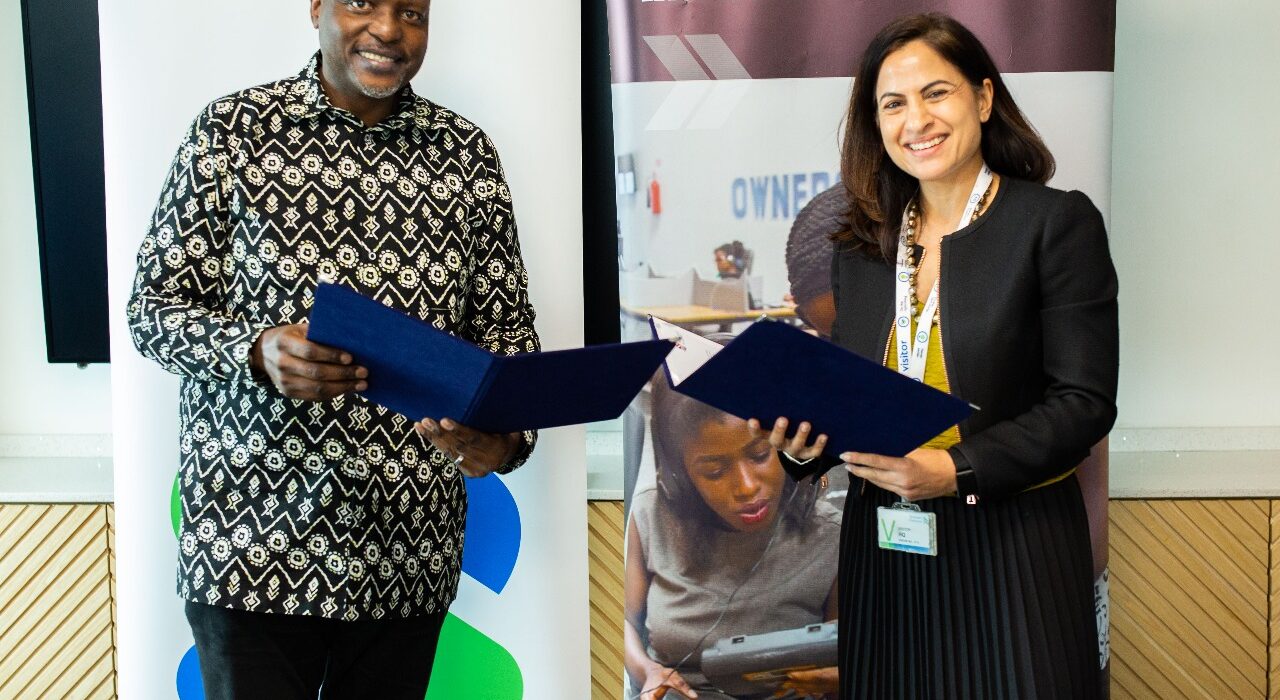In a strategic move aimed at unlocking growth across East Africa’s SME and corporate sectors, Standard Chartered Bank and British International Investment (BII), the UK’s development finance institution, have announced the signing of a US$100 million trade finance facility for businesses operating in Kenya and Tanzania.
The facility, announced today, will provide critical working capital solutions to help companies import essential goods, settle payments with suppliers, and expand export capabilities — particularly in priority sectors such as:
- Agriculture and food production
- Healthcare
- Manufacturing
- Infrastructure development
The programme is projected to facilitate over US$450 million in gross trade transaction volumes during its lifetime, supporting job creation, value chain strengthening, and regional economic resilience.
The facility meets the internationally recognized 2X Challenge Criteria, meaning it actively supports:
- Women-owned or women-led enterprises
- Female leadership development
- Improved access to finance and employment opportunities for women
This aligns with growing efforts among global finance institutions to deploy gender-lens investing as a tool for inclusive economic growth.
“Through our partnership with BII, this trade finance facility empowers local businesses – especially those owned or led by women – with the capital they need to scale, trade, and thrive,” said Kariuki Ngari, CEO of Standard Chartered Kenya and Africa.
“It’s a clear demonstration of our commitment to inclusive, sustainable growth and financial innovation across the region.”
Access to trade finance remains a critical constraint for SMEs and corporates across Africa, particularly in post-pandemic recovery efforts. According to the International Chamber of Commerce (ICC), Africa’s trade finance gap exceeds US$81 billion annually, disproportionately affecting small and medium-sized businesses and women entrepreneurs.
“This facility reflects our strong commitment to supporting inclusive finance and scaling inspiring growth through strategic partnerships,” said Seema Dhanani, BII’s Head of Office and Coverage Director for Kenya.
“By improving access to capital, especially for women-led enterprises and SMEs, we’re helping businesses in Kenya and Tanzania create jobs, expand operations, and build long-term resilience.”
This latest initiative builds on a longstanding relationship between Standard Chartered and BII. It follows a US$350 million risk participation agreement signed in November 2024, itself an extension of the original partnership launched in 2013. That collaboration focused on expanding access to trade finance across Africa and South Asia and has already catalyzed significant economic impact in underserved markets.
Together, these facilities underscore a shared vision between the two institutions: to deliver transformational financial products that empower small and mid-sized enterprises, support gender equity, and drive regional integration through trade.
For East Africa, where SMEs account for over 80% of employment and are key drivers of GDP, enhanced access to trade finance is crucial for:
- Reducing working capital bottlenecks
- Improving participation in regional and global value chains
- Supporting post-COVID recovery and futureproofing supply chains
- Advancing the African Continental Free Trade Area (AfCFTA) agenda
The facility is also a timely intervention as regional economies navigate the dual challenge of inflation and currency depreciation, which has heightened import costs and strained liquidity among businesses.
With Kenya and Tanzania at the heart of East Africa’s trade corridors, this $100 million facility offers a lifeline to businesses seeking liquidity, expansion, and cross-border competitiveness. It also sends a broader signal to development financiers, commercial banks, and investors: that strategic capital, when gender-conscious and SME-focused, can deliver both economic returns and social impact.





